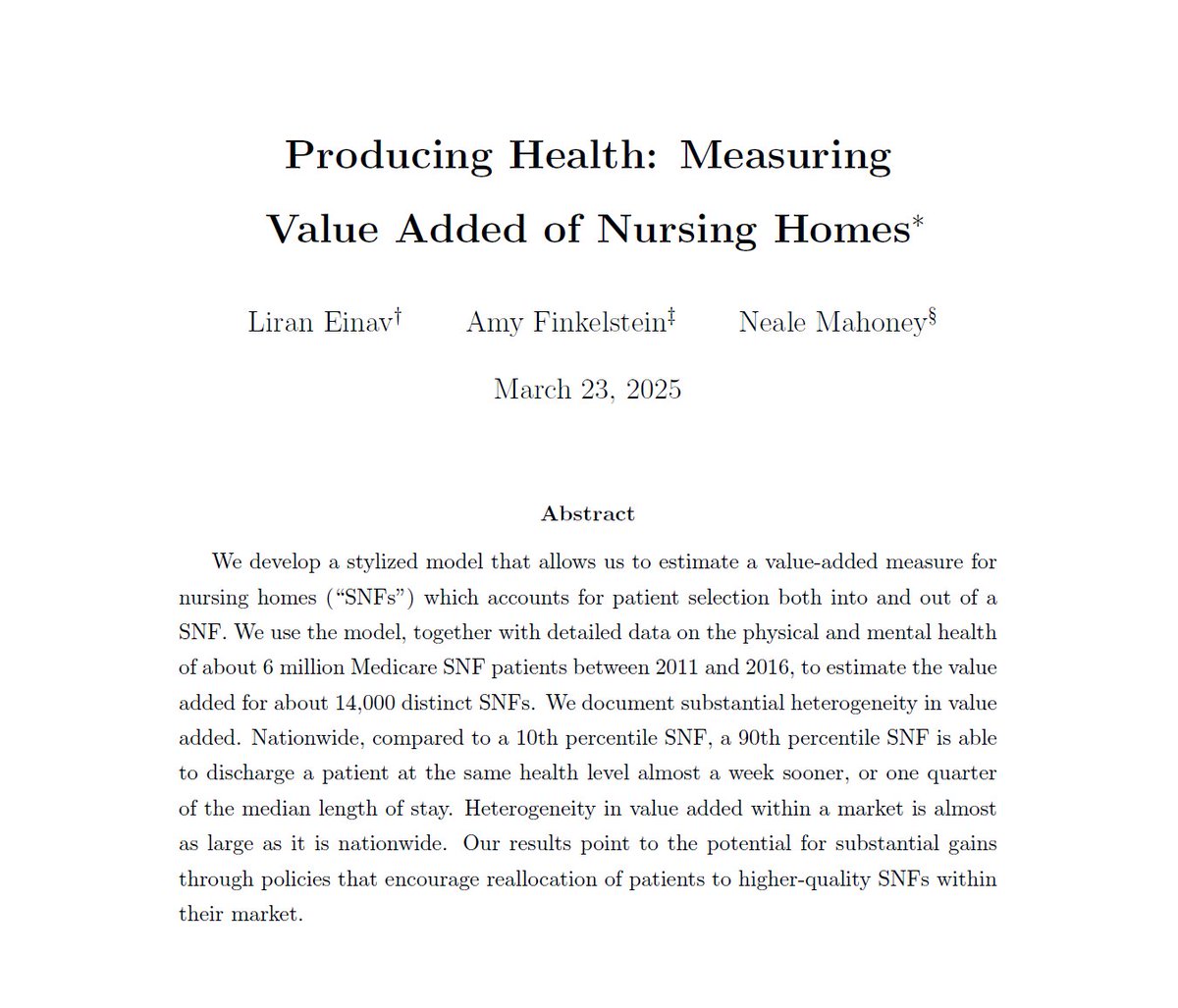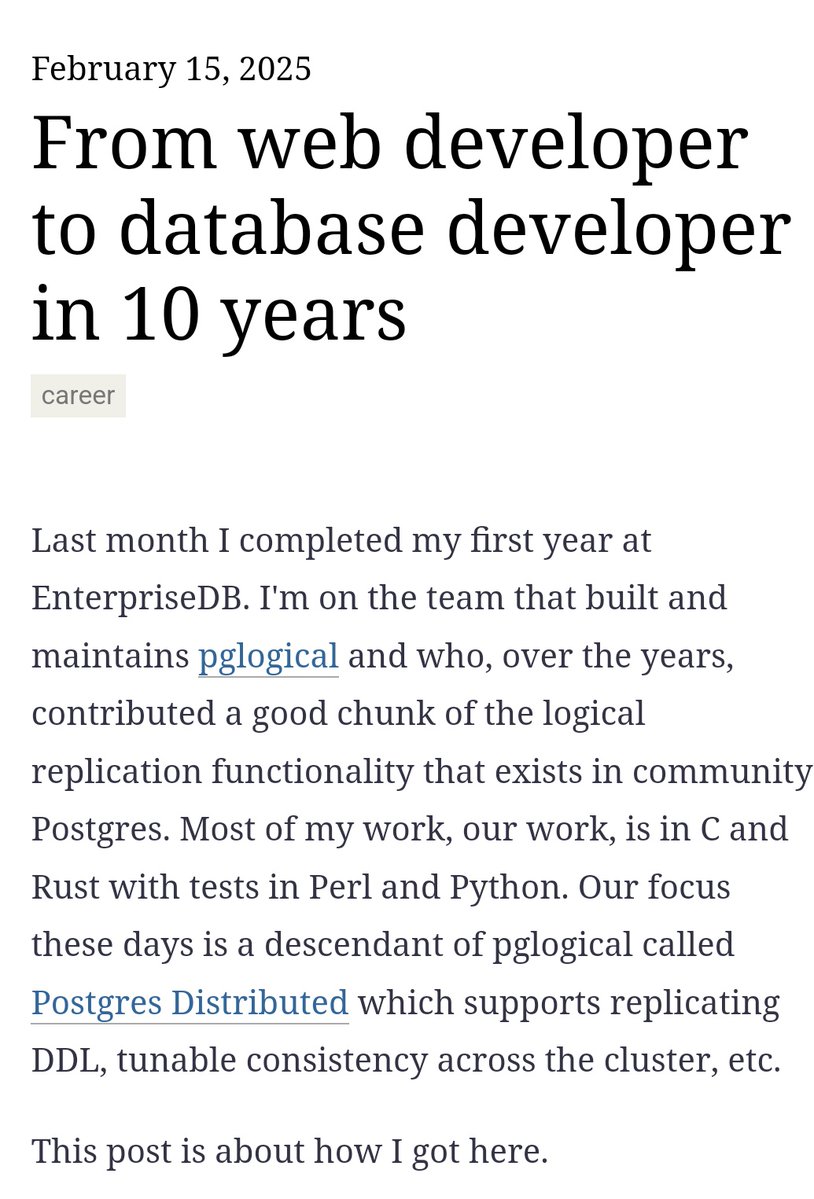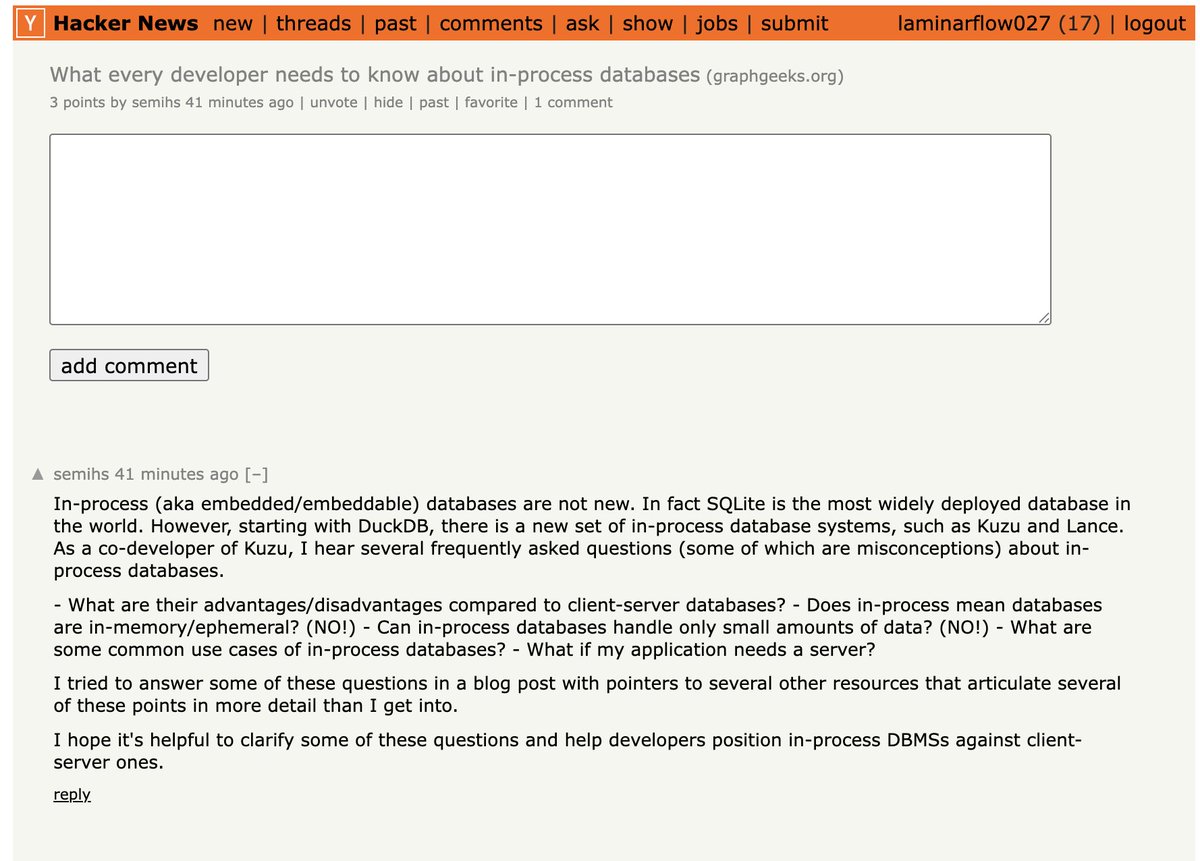
Nathaniel Bechhofer
@bechhof
statistics obsessor, economics enjoyer, currently building data software #Python/#rstats & everything social science; (some) opinions revised regularly
ID: 2578553016
20-06-2014 12:09:21
29,29K Tweet
3,3K Followers
2,2K Following









in my new Tufts University Public Opinion Lab post, I confirm what dating app users already know - men (likely) lie. a lot. my data shows men overreport voting (+4 pts), blood donation (+3.5 pts), and even crime victimization (+1.4 pts). more here: tufts-pol.medium.com/no-you-are-not…




Value-added estimates for 14,000 nursing homes show substantial within-market heterogeneity, pointing to gains from policies that encourage patient reallocation. Liran Einav, Amy Finkelstein, Neale Mahoney econometricsociety.org/publications/e…






My fav blog from Phil Eaton This kinda stuff motivates me to learn new things and try to see what I'm really interested in









